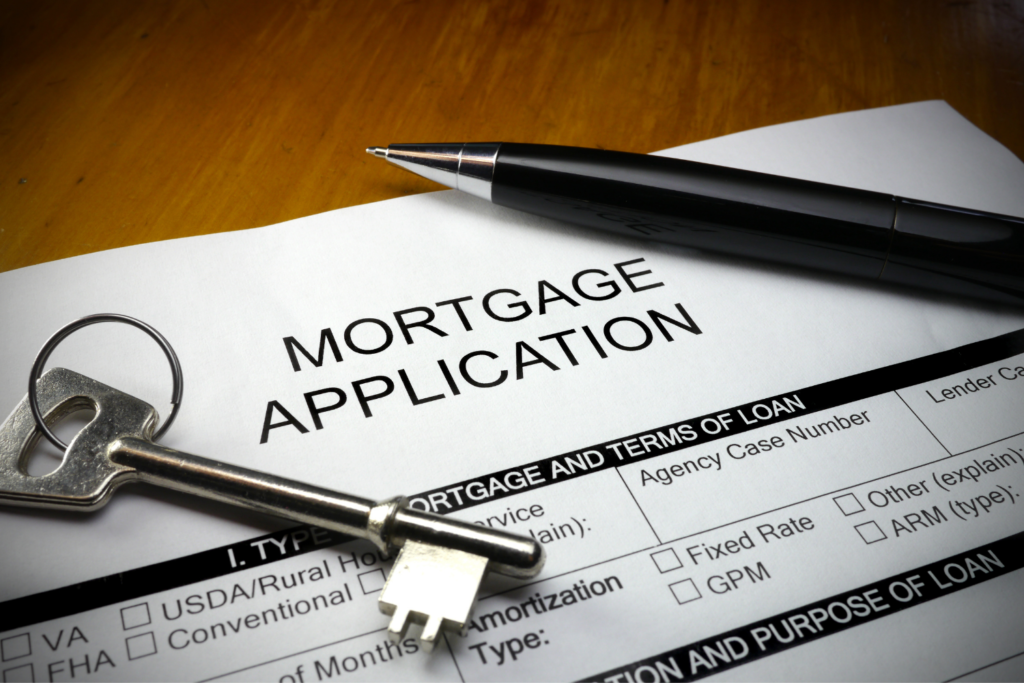
In these trying times, it’s more important than ever to be fiscal aware. But what does fiscal awareness mean? Simply put, it means being mindful of your financial situation and taking steps to improve your financial health.
Contents
- 10 Ways To Be More Fiscally Aware
- Fiscal Awareness FAQs
- Fiscal Awareness Conclusion
10 Ways To Be More Fiscally Aware
Being fiscal aware doesn’t mean being pennywise and avoiding all fun and spontaneous purchases. Rather, it’s about making smart decisions with your money and being proactive about your finances. It’s about knowing where you stand financially and making a plan to improve your situation. Here are ten tips on how to be more fiscal aware.
1. Track Your Spending
One of the most important things you can do to become more fiscal aware is to track your spending. This means meticulously logging every single purchase you make, no matter how small. At the end of each week or month, take a look at your spending patterns and see where you can cut back. Remember, even small changes can make a big difference over time!
How To Track Your Spending
There are a number of ways you can track your spending. You can use a paper and pencil, an Excel spreadsheet, or one of the many personal finance apps available. Whichever method you choose, make sure it’s something you’re comfortable with and that you’ll actually use.
2. Make a Budget—and Stick to It!
Budgeting is another key element of fiscal awareness. Knowing how much money you have coming in and going out each month is crucial for making smart financial decisions. Make a budget that allocates funds for all of your necessary expenses, as well as some discretionary spending money for things like entertainment and dining out. Then, do your best to stick to it!
How To Make A Budget
Making a budget can seem daunting, but it doesn’t have to be. Start by listing all of your income sources and fixed expenses. Then, estimate how much you spend on variable expenses like groceries, gas, and entertainment. Once you have a good idea of your monthly income and expenses, you can start allocate funds and setting spending limits.
3. Invest in Yourself
Investing in yourself is one of the best things you can do for your financial health. This can mean taking steps to improve your job prospects, such as pursuing additional education or training. It can also mean investing in your health, which can save you money down the road. Taking care of yourself now will pay off in the long run! Remember, your personal assets have value, too!
How To Invest in Yourself
There are a number of ways you can invest in yourself. If you’re looking to improve your job prospects, consider pursuing additional education or training. If you’re wanting to invest in your health, consider things like quitting smoking, eating healthy, and exercising regularly. Whatever you do, make sure you’re doing it for yourself and not because someone else is pressuring you to do so.
4. Live Below Your Means
One of the best ways to be more fiscal aware is to live below your means. This means spending less than you earn and saving the rest. It may mean making some sacrifices in the short-term, but it will pay off in the long-term. Living below your means is a key part of building wealth and financial security.
How To Live Below Your Means
There are a number of ways you can live below your means. One way is to make a budget and stick to it like we mentioned above. This will help you to understand your spending patterns and make adjustments accordingly. Another way is to make conscious decisions about your spending. Ask yourself if you really need something before making a purchase. Finally, try to automating your savings so you’re automatically putting money away each month.
5. Build an Emergency Fund
An emergency fund is a key part of financial security. It’s a savings account that you can tap into in case of an unexpected expense, like a car repair or medical bill. Having an emergency fund will help you to avoid going into debt if something unexpected comes up.
How To Build an Emergency Fund
There are a few things you need to do in order to build an emergency fund. First, you need to set a goal for how much money you want to save. Second, you need to add that expense to your budget so you can start putting money away each month. Finally, you need to open a savings account specifically for your emergency fund and make sure you don’t dip into it for other purposes.
6. Invest for the Future
Investing is another important part of fiscal awareness. When you invest, you’re putting your money into something that has the potential to grow over time. This can be a great way to build wealth and secure your financial future.
How To Invest In Your Future
There are a number of ways you can invest your money. One way is to invest in stocks, which can give you the potential to make a lot of money if done correctly. Another way is to invest in mutual funds, which are a safer investment but don’t have as much potential for growth. Other investment options include investing in cryptocurrency, investing real estate, or investing in precious metals. Whatever you decide to do, make sure you research the investment before putting any money into it.
7. Pay Off Debt
If you have debt, it’s important to focus on paying it off as quickly as possible. The sooner you pay off your debt, the less interest you’ll accrue and the better off you’ll be financially.
How To Pay Off Debt
There are a few things you can do to pay off your debt. Again, you need to make a budget and stick to it so you can free up money to put towards your debt. Second, you need to come up with a plan for how you’re going to pay off your debt, such as if you are plan to consolidate debt. This may mean making some sacrifices in the short-term, but it will be worth it in the long-term. Finally, you need to stay motivated and disciplined so you don’t backslide into debt.
8. Get Insurance
Insurance is another important part of financial security. It’s a way to protect yourself and your family financially in case of an unexpected event, like a car accident or a medical emergency. There are a number of different types of insurance, so it’s important to research the options and find the right one for you.
9. Plan for Retirement
It’s never too early to start planning for retirement. The sooner you start saving, the more time your money has to grow. There are a number of different retirement savings plans available, such as 401K savings plans, so it’s important to research the options and find the one that’s right for you.
10. Seek Professional Help
If you’re feeling overwhelmed by your finances, it’s important to seek professional help. A financial advisor can help you to make a budget, invest for the future, and pay off debt. If you’re struggling with debt, there are also a number of debt relief options available, such as Chapter 7 bankruptcy. Don’t be afraid to seek help if you need it.
Fiscal Awareness FAQs
Here are ten frequently asked questions about fiscal awareness.
1. What is fiscal awareness?
Fiscal awareness is the act of being aware of your finances and making smart financial decisions. This includes things like creating a budget, investing for the future, and paying off debt.
2. Why is fiscal awareness important?
Fiscal awareness is important because it can help you to secure your financial future. Making smart financial decisions now can help you to avoid debt, build wealth, and retire comfortably.
3. How can I become more fiscal aware?
There are a number of things you can do to become more fiscal aware. You can start by creating a budget, and (of course) sticking to it. You can also invest for the future and pay off any debt you may have. Finally, you can seek professional help if you’re feeling overwhelmed.
4. What are some common fiscal awareness mistakes?
Some common fiscal awareness mistakes include not creating a budget, not investing for the future, and carrying too much debt.
10. Where can I go for more help?
If you’re struggling with your finances, there are a number of resources available to help you. You can start by seeking professional help from a financial advisor or a debt relief specialist. There are also a number of books and websites that can provide helpful information. Finally, there are a number of government programs that can provide financial assistance. Visit USA.gov for the government programs that can help cover expenses like phone bills, medical bills, rent, and more.
Fiscal Awareness Conclusion
Making smart financial decisions isn’t always easy—but it’s worth it! By following the tips above on how to be more fiscal aware, you’ll be on your way to improving your financial health in no time.





